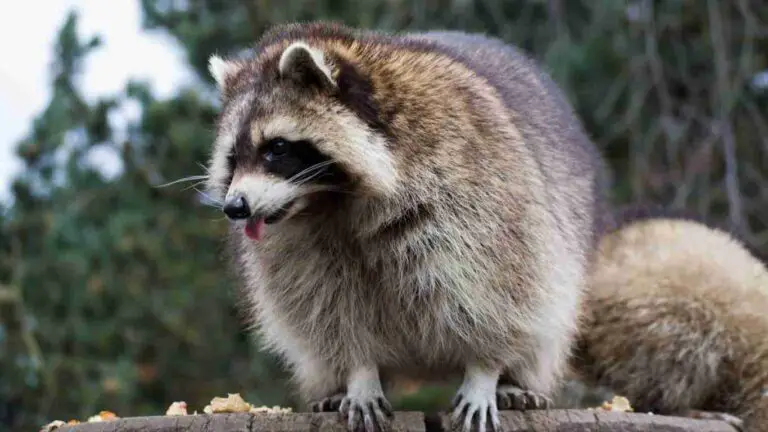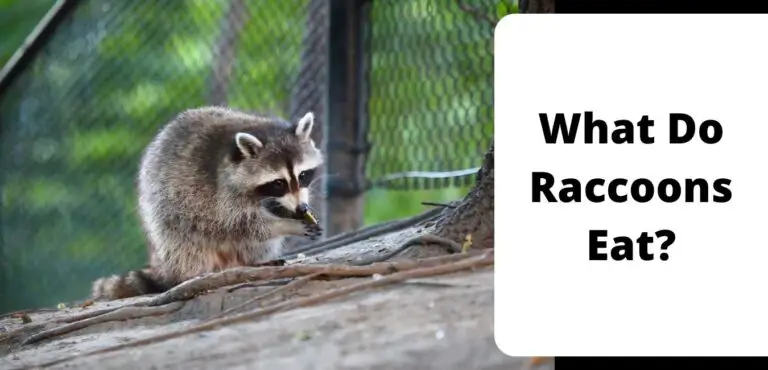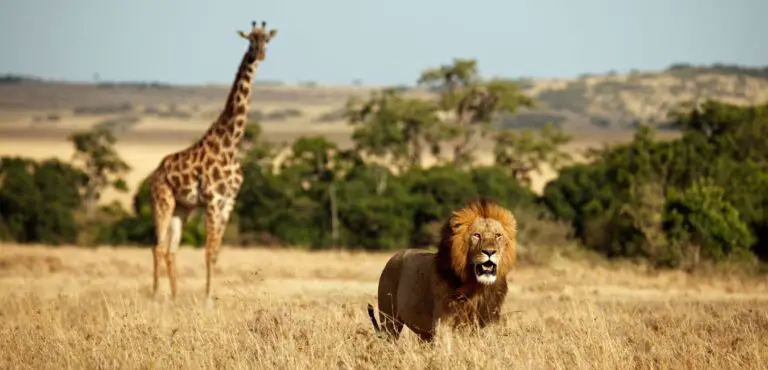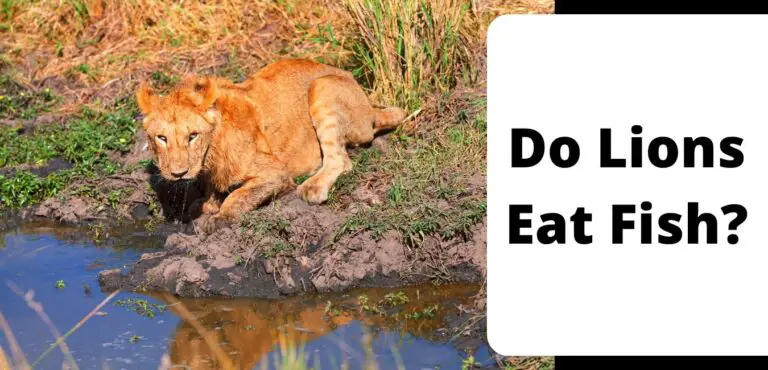When Do Lions Eat?

Today we’ll talk about the tiger’s entire food chain. Generally speaking, lions hunt at night and rest during the day, although they’re often out and about at dawn and dusk, as well as on chilly days.
They rest in thorn toughness during the day, typically near water holes. Lions are thought to eat every four to five days and require between 5kg and 9kg of meat per day on average.
What Are Lions’ Favorite Foods?
Carnivores are animals that only consume meat. Lions are carnivores. Birds, bunnies, turtles, mice, reptiles, wild hoards, wild dogs, impalas, cheetahs, bison, panthers, crocodiles, child elephants, rhinoceros, hippopotamuses, and unusually tall giraffes are among the prey they catch.
What Do Lions Do During the Day?
Unwinding and lounging are essential to lions. It is estimated that they relax and doze for between 16 and 22 hours every day. The lions’ night eyesight is incredible.
In Wild Africa, the Lionesses form a Hunting Team and join forces to hunt wild animals such as Cape Buffaloes, Wildebeest, Antelope, Zebras, Giraffes, Young, Sick, or Injured Elephants, and so on.
Because The Lionesses are aggressive, swift, and capable of hunting faster-moving prey species, they set up a snare and gradually creep up on their victim from the front, sides, or behind.
Later, one of them decides to go ahead and lead the attack, catching their target off guard. After a brief or prolonged pursuit, they capture their prey creature and shatter its spine or spinal rope, cutting off the Jugular vein and causing the herbivore’s death.
If the target animal is heavy, such as a Bison or Cape Buffalo, many Lionesses will join in and finish the kill.
After The hunt has been completed, the Male Lion who had been following this Team of Lionesses appears out of nowhere, growls loudly, shoos away the Lionesses, and eats up The Best Portions of The Kill, which the Lion may handle alone or permit its offspring to eat close by, but only after The Lion has left after filling His Stomach, do the Lionesses and their offspring eat.
Hyenas, Jackals, Wild Dogs, Vultures, and other scavengers eat the rest of The Animal’s remnants.
Typically, this is how a Lion eats in the wild – when prey isn’t readily available, such as during famines and droughts, Lions will eat the dead and rotting remains of other animals, or they will fight with other Big Cats such as Leopards and Cheetahs and remove their kill with a Ferocious Pride Attack, or by scaring away their generally weaker Cousins.
In Captivity – Zookeepers, overseers, and proprietors must deal with and care for the Lions and Lionesses with their Cubs individually.
When it comes to lions, how long can they go without eating?
These magnificent felines are second only to tigers in size in the world. These felines demand a lot of food. Indeed, zoos may have to pay up to $7,000 per year to care for a single lion.
How Frequently Does a Lion Have to Eat?
Lions have been known to go for extended periods without eating, up to a month if they have access to a water source.
In general, lions hunt every 2-3 days, but only around 30% of their pursuits are successful. How long they can go without feeding is determined by how effective they are.
How Frequently Does a Lion Have to Eat? In general, an African lion will look after its prey every three or four days. In the wild, the frequency with which they hunt is determined by the amount of food available.
If the chase is scarce, they may go for up to seven days without eating. In zoos, keepers try to imitate a lion’s survival strategy by providing them a couple of fast days of the week.
What Food Do African Lions Consume?
Aren’t all lions African lions, by the way? However, two lion subspecies have been identified, and they are not all found in Africa.
The Panthera leo subspecies reside in West and Central Africa, as well as India. Panthera leo, on the other hand, is in South and East Africa.
Since both subspecies of lions are not picky eaters, their diets include a wide variety of animals. They’ll consume almost every other thing they come across, including birds, eggs, and snakes.
Even though they are such versatile eaters, they have a favorite meal that may account for up to 90% of their diet. Ungulates, which range in size from medium to huge, will be their preferred prey.
Zebras, giraffes, gazelles, water bison, wildebeests, and other animals with hooves fall under this category. Although larger animals such as elephants and rhinos are included in their diet, lions will often pursue only the elderly, weak, and young of these larger animal groups.
Lions are not hunting for and consuming the remains of deceased animals or stealing from various predators such as hyenas or panthers. A lion is seen devouring a bird.
What is the maximum amount of time a lion can go without eating?
How Much Food Does a Lion Consume in a Day? The amount of food a lion consumes each day is determined by its size and gender.
Male lions may consume up to 10 pounds of meat per day, while female lions can eat as little as five pounds. But, once again, this is typical. Most lions, whether in captivity or the wild, do not eat every day.
It’s difficult for lions, especially those living in the wild, to forecast when prey will be available. When it comes to chasing, lions have a great deal of success even when they’re powerless.
They can probably only catch and kill their prey around 30% of the time. Lions, unlike their cousins, cheetahs, are not as fast as some of the animals they pursue, and they may get tired out.
Lions may be forced to go long periods without food due to their poor pursuing success rate. When they succeed in a kill, they may gorge themselves on the flesh and then spend the next few days sleeping in a catlike state of food unconsciousness.
To be honest, lions have been observed sleeping in one location for up to three days without getting up for food or even water.
How long can a lion go without eating? How long can a lion forsake food before it bites the dust if that 30% accomplishment rate drops, as it will for more experienced male lions booted out of their pack? The correct response is ambiguous.
They are likely capable of going for more than a month without eating as long as they remain hydrated. In truth, this is true for certain animals. Indeed, if they have enough water, individuals may go for up to a month without eating.
Even though a lion may go without food for an extended time, hunger is not an uncommon fate for lions, particularly males. Male lions, for the most part, remember it as a negative experience. They are booted out of their pride at the age of a few years if they survive their early years and adolescence.
They should then make on their own until they have developed sufficiently to take control of another pride. The male lions encounter their peak for three to five years after killing the whelps of the pride they have taken control of. They also lead the pride, mate with the females, and usually get first dibs on any kills made by the pride’s females. However, another male or group of men soon takes control of his pride all around him.
Then, at that time, he went back to roaming alone, frequently kicking the bucket of famine in the long term.
There are a few interesting exceptions to this rule. According to one report, a group of male lions had a shift in perspective when a dominating male they had evicted nearly died of starvation. The male lions allowed their prior competitor to look after them in an unusual display of generosity.
What is the maximum amount of time a baby lion can go without eating?
A nursing young lion fledgling usually takes care of several times during the day. When compared to human offspring, a whelp may go up to 24 hours without feeding if the mother is not there.
This ability is critical to the offspring’s endurance since their mother gives birth to them and raises them for up to 90 days apart from the pack. This suggests that the mother leaves her whelps alone while she goes chasing without caring for her children.
The success rate for a lone lion tracker, on the other hand, is likely to be considerably lower, at only 19 percent. Even if a whelp has the choice of going without food for a whole day, its chances of surviving aren’t great. Only around 80% of pups survive for more than two years. Offspring in pride that is either abnormally large or small risk being eaten from the get-go if they are not followed by a different predator like hyenas.
When pride is small, there is a greater chance of fighting over territory. Male lions may challenge the dominant males of various pride, and if successful, will generally kill all lion cubs younger than two years of age. It may be elusive enough prey to roaming around in great pride. On the grass, a female lion is eating.
How long can they go without drinking?
Surprisingly, lions can survive for extended periods without drinking water, as they can obtain enough hydration from their food. If water is available, then everyone will drink many times each day.
When water is scarce, researchers have observed that lions may go for five to nine days without drinking water if they have enough food. Lions are also more than likely prepared to survive that long without water because they will generally rest during the hottest part of the day. Lions, like your domestic cat, may sleep for up to twenty hours throughout the day.
Even young lions look to be on the verge of quenching their hunger. One half-year-old whelp went seven days without drinking. During that time, the group slaughtered a few critters from which they might acquire moisture.
With such a large physique to maintain, you’d think lions would need to eat regularly. Surprisingly, they eat less than us, yet consume much more food at a given period. They eat up to 10 pounds of meat every couple of weeks.
It can, however, go for up to seven days without eating if necessary. On the other hand, if food is plentiful and water is scarce, a lion may go up to seven days without drinking. Not only are these creatures excellent choices for them, but they’re also highly adaptable in terms of their ability to survive when food and water are few.






